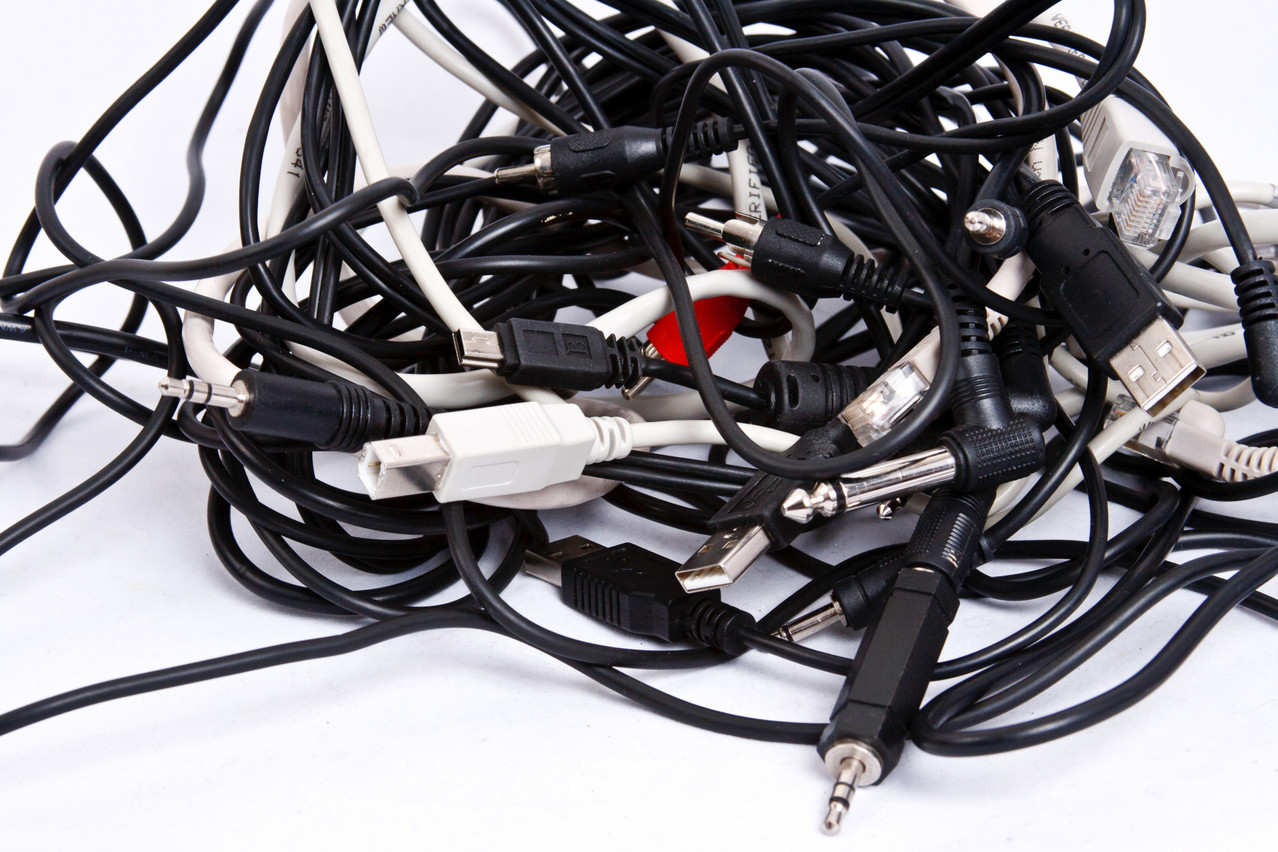The introduction of a universal charger is a demand that the parliament has pushed for over the last few years with the European Commission making an official proposal on 23 September 2021. The law aims to reduce inconvenience for consumer and curb e-waste.
Those who buy small and medium-sized portable electronic devices in the EU will be able to choose whether or not they would like a charger as well. Disposed of and unused chargers amount an estimated 11,000 tonnes of e-waste, according to
“Today we have made the common charger a reality in Europe! European consumers were frustrated long with multiple chargers piling up with every new device,” said parliament rapporteur Alex Agius Saliba.
Mobile phones, tablets, e-readers, earbuds, digital cameras, headphones, headsets, handheld videogame consoles and portable speakers all fall under the EU legislation’s requirements for a universal charger. High price-range smartphone models of manufacturers Huawei and Samsung already feature the USB type C port, which the EU has selected as the universal kind, as do the new iPads and Macbooks. The 2022 iPhone 14 models will continue to feature the same lightning port as before with the switch expected in 2023. With Android smartphones manufacturers mostly using a USB-C port the new legislation will affect Apple the most.
